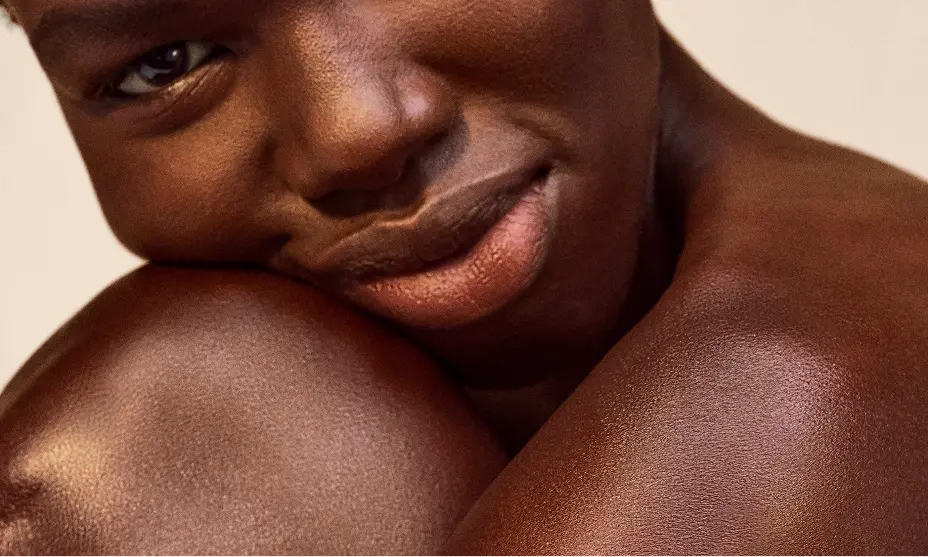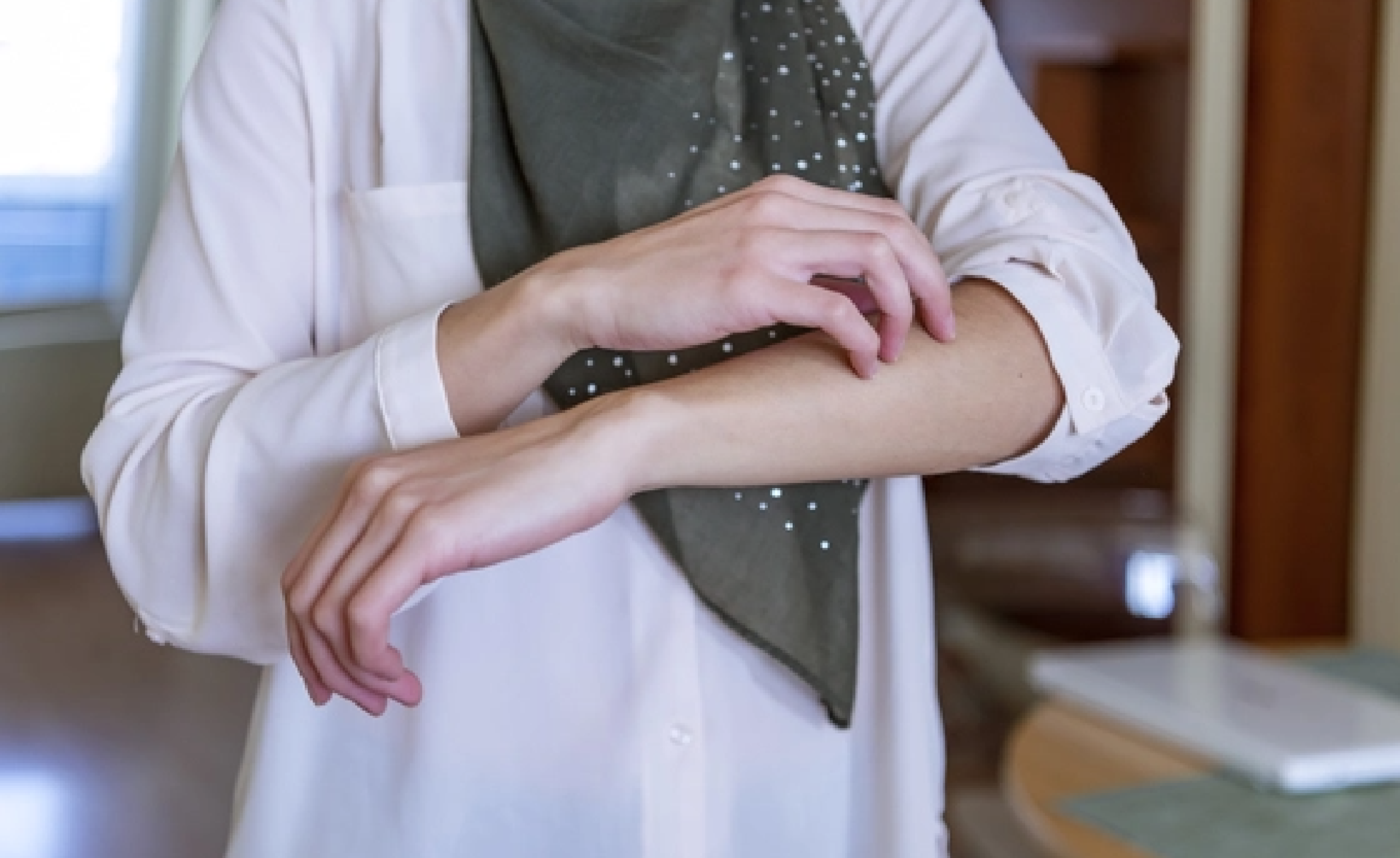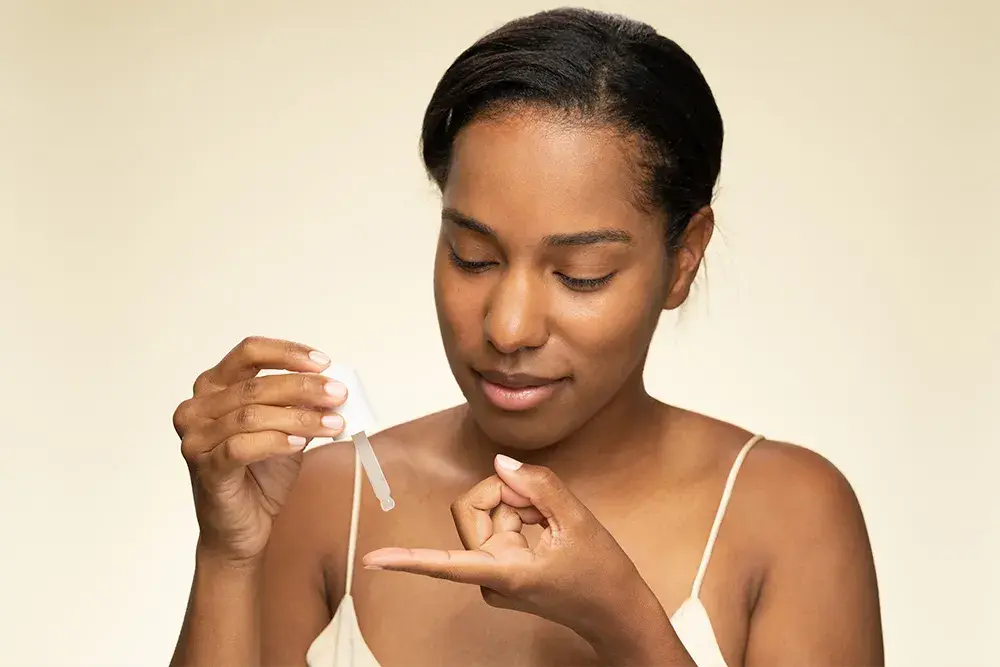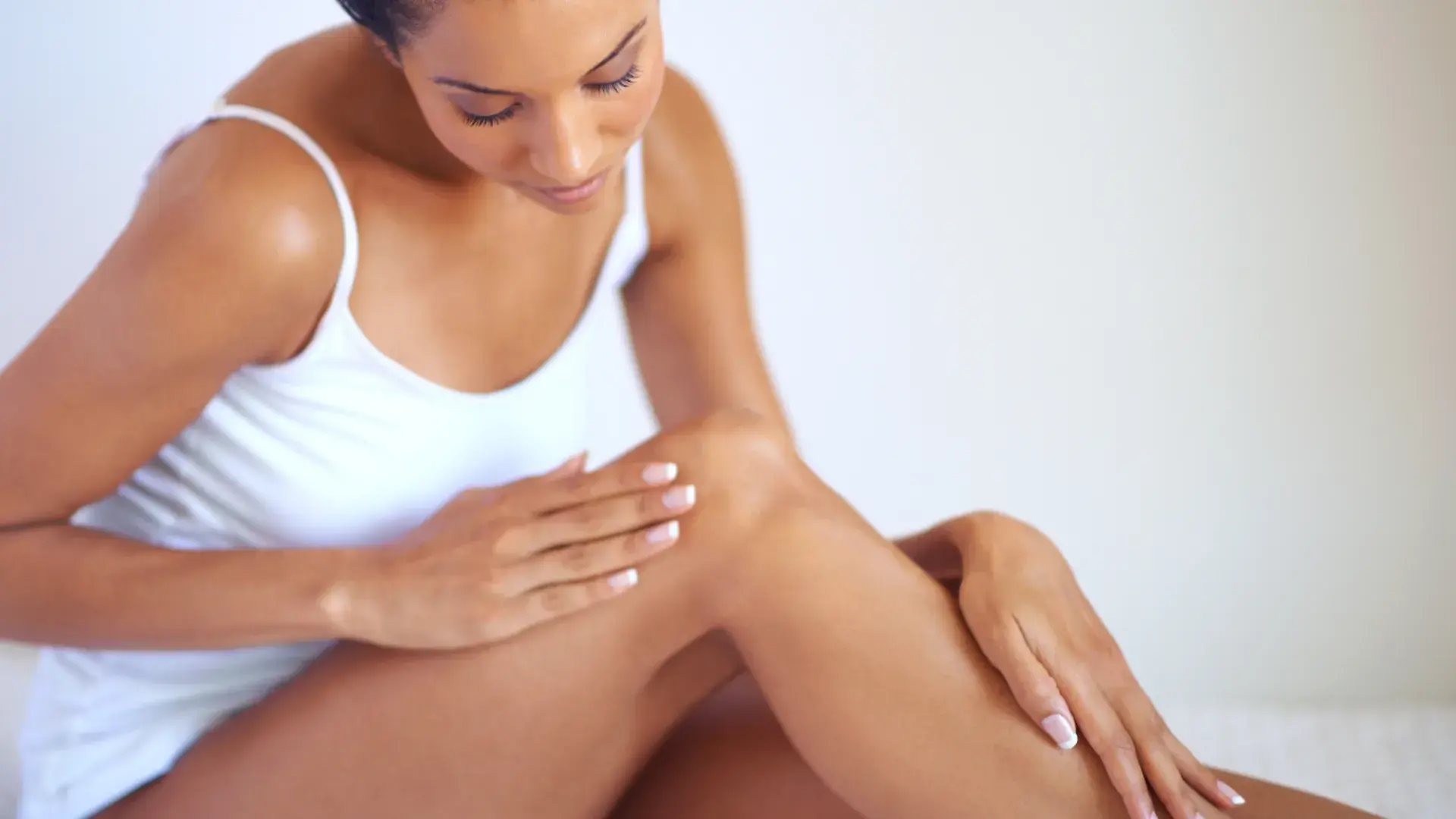Ignite Your Passions. Increase Your Knowledge. Feed Your Soul
Explore the holistic connection between your skin, mind and well-being with trending stories and expert tips.

52 Items

Adult
Glycerin in Skincare: Unlocking the Power of Hydration

Adult
The Gut, Skin, and Microbiome

Baby
7 Baby Bath Tips to Make the Most out of Bath Time

Adult
Skincare Tips for Avoiding Airplane Skin While Traveling

Adult
Eczema: What to Know and How to Treat It

Adult
Everything You Need to Know about Facial Serum

Baby
Vernix – Understanding the Newborn’s Natural Shield

Baby
How to Get Your Baby to Sleep, Even When They're Sick

Adult
Managing Uneven Skin Tone + Texture

Baby
Calming Your Baby: Massaging and Safe Swaddling

Baby
How to Change a Diaper & Apply Diaper Rash Cream

Kids
Effective Bedtime Routine for Kids to Smoothly Transition to the School Day
Showing 12 of 52